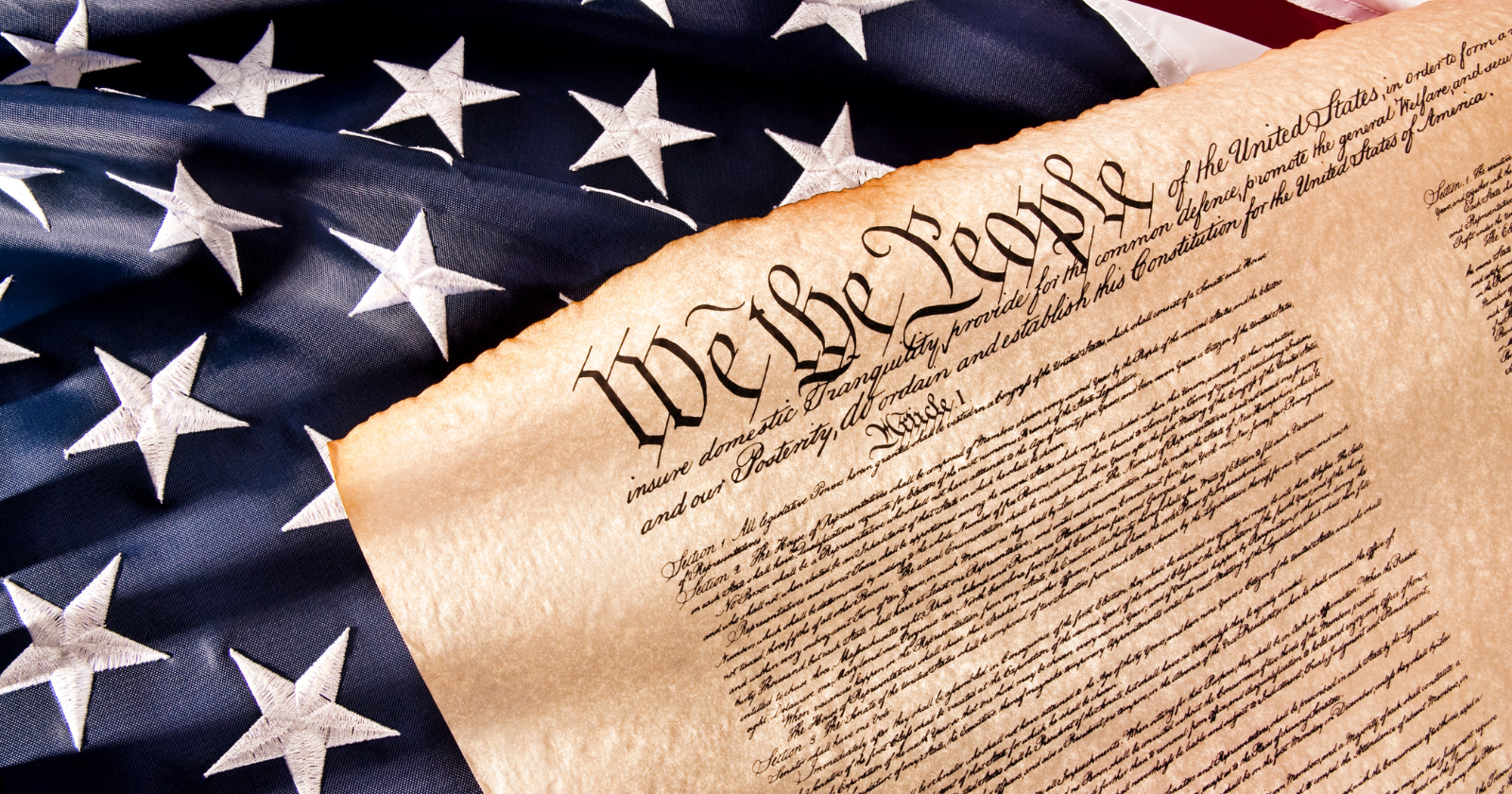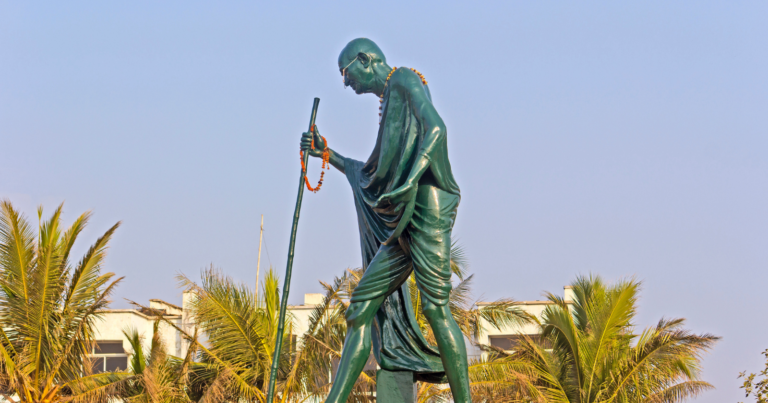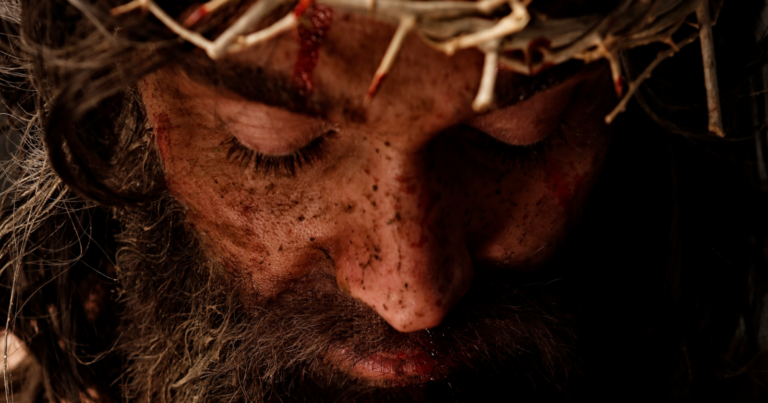America’s story is deeply rooted in faith.
The early settlers brought with them a strong Christian belief, which they hoped to plant firmly in this new land.
Their writings, from compacts to proclamations, were not just documents of governance but declarations of faith.
These early texts have shaped the way modern Christianity looks and feels in the United States.
In this article, I’ll share with you 6 significant American writings that have had a lasting impact on our faith today. Let’s explore how these historic documents continue to influence and inspire the Christian community across the nation.
1) The Mayflower Compact (1620)
We all cherish stories of beginnings and foundations, and the Mayflower Compact is a pivotal chapter in the tale of American Christianity.
Back in 1620, the Pilgrims, seeking a new start, committed to a mutual agreement before even setting foot on land.
As they approached the New World, these settlers drafted a simple yet powerful document.
It pledged their commitment to form a government and abide by its laws, ensuring their society would operate fairly and justly under God’s guidance.
This Compact wasn’t just a document — it was a pledge to govern themselves with fairness under the guidance of their shared Christian faith.
It’s fascinating, isn’t it? How from such early steps, the principles of democracy and religious belief became intertwined.
The Mayflower Compact essentially set the stage for the role of Christianity in public and communal life, embedding it into the very essence of what would become American society.
Let’s take a closer look at how this agreement shaped the nation and its faith.
2) A Model of Christian Charity (1629)
In 1629, John Winthrop delivered a sermon titled “A Model of Christian Charity” that would echo through the ages, shaping the moral foundation of budding American society.
Aboard the Arbella, en route to the New World, Winthrop envisioned a community bound by love, compassion, and the principles of Christian charity.
His words, “We must delight in each other, make others’ conditions our own, rejoice together, mourn together, labor and suffer together,” laid out the blueprint for a society deeply interconnected by shared values and mutual support.
Now, let me share one interesting fact about this sermon:
In fact, it coined the phrase “a city upon a hill.” And this, in turn, illustrates the Puritans’ aspiration to build a society that would be a beacon of moral and religious excellence for the world to witness.
Not surprisingly, this concept profoundly influenced American identity — the idea that the nation held a unique place in the world, guided by the light of Christian principles.
3) The Bloody Tenent of Persecution (1644)
Roger Williams took a bold stand in 1644 with his work, “The Bloody Tenent of Persecution.”
By writing this book, he challenged the norms of religious authority. But why does this matter to us?
Williams argued passionately for a concept that was radical for its time: the separation of church and state.
He believed that faith should be a matter of personal conviction, not coercion by the government or church authorities.
So, what’s the big deal?
Well, Williams’ advocacy laid the foundation for the religious freedoms we cherish today. He envisioned a society where everyone could worship according to their conscience without fear of persecution.
This was a game-changer, paving the way for the diverse tapestry of beliefs and practices we see in modern America.
But let’s dive deeper into Williams’ vision:
He wasn’t just talking about freedom for a few – he was proposing a society where all religious beliefs were protected.
This inclusivity and respect for individual conscience are principles we continue to navigate and cherish in our ongoing dialogue about religious freedom and tolerance.
4) The Maryland Toleration Act (1649)
Something remarkable happened in Maryland in 1649.
The Maryland Toleration Act was passed, marking a bold step towards religious tolerance in colonial America.
This wasn’t just any law — it was a declaration that Christian denominations could coexist peacefully.
Here’s why this was groundbreaking:
- First of its kind: It was the first law in the colonies to explicitly protect religious freedom for all Christians.
- A safe haven: Maryland became a refuge for various Christian sects facing persecution elsewhere.
- A foundation for the future: It set a precedent that would echo into the creation of the United States.
But let’s get real for a moment.
While the Act was progressive, it was far from perfect. It protected Christians, but others outside this fold were still vulnerable.
It reminds us that progress can be slow and sometimes flawed, yet it’s a step in the right direction.
Simply put, the Maryland Toleration Act challenges us to think about how we can continue to expand the boundaries of tolerance and understanding in our own time.
5) National Days of Prayer (1775 & 1776)
During the revolution, the fledgling American colonies sought divine guidance and unity through the National Days of Prayer in 1775 and 1776.
In retrospect, we can consider these days as a collective pause, a moment for the entire nation to reflect, repent, and seek strength beyond themselves.
For modern believers, these days remind us of the power of prayer in guiding a nation through its darkest hours and the enduring belief that, together, through faith, we can overcome great challenges.
1775 National Day of Prayer
As tensions boiled and the shadow of war loomed, the Continental Congress declared a day of “public humiliation, fasting, and prayer.”
On July 20, 1775, Americans across the 13 colonies came together, setting aside their differences to fast and pray for divine intervention.
This act of unity and faith was a profound testament to the colonies’ reliance on higher powers in their fight for justice and freedom.
1776 National Day of Prayer
With the Declaration of Independence on the horizon, May 17, 1776, marked another day of national prayer.
This time, it was a call for wisdom, courage, and the blessing of independence.
The Continental Congress urged the colonies to again unite in prayer, seeking guidance for the monumental decision they were about to make.
This day of prayer solidified the colonies’ resolve, reminding them that their quest for independence was not just a political struggle but a moral one, guided by faith and prayer.
Both National Days of Prayer laid the groundwork for a tradition that continues to inspire, reminding us of the strength found in unity and the power of turning to faith in times of need.
6) National Thanksgiving Day Proclamation (1777)
Moving forward to 1777, after a pivotal victory at Saratoga, the spirit of gratitude and recognition of divine providence led to the first National Thanksgiving Day Proclamation.
However, this wasn’t merely a celebration of military success.
This day was an acknowledgment of perseverance, communal support, and the blessings that had sustained the fledgling nation through its most challenging times.
Today, we continue to celebrate Thanksgiving, carrying forward the tradition of pausing to reflect on our blessings, just as those early Americans did.
It’s a day that connects us to our past, reminding us of the resilience, faith, and communal spirit that have been central to the American experience.
Through these observances, we remember that gratitude, faith, and collective prayer are timeless pillars that support and guide the nation through every season of its journey.
Final thoughts
After exploring the pivotal moments and documents that have shaped the Christian heritage of the United States, it’s clear that faith has been a guiding light from the nation’s inception.
These historical instances are not just relics of the past — they are living testaments to the principles that continue to influence American society today.
Before you leave, take a look at how these writings shape our nation today:
- Unity in diversity: The early calls for religious tolerance, such as Roger Williams’ advocacy and the Maryland Toleration Act, set a precedent for a nation that values religious diversity and freedom.
- Governance and morality: The intertwining of Christian ethics with governance, evident from the Mayflower Compact to the Thanksgiving Proclamation, highlights the role of moral principles in shaping public policy and law.
- Community and solidarity: National Days of Prayer and Thanksgiving established a tradition of turning to faith in times of both trial and celebration, fostering a sense of community and national solidarity.
As we look back on these foundational moments, it’s crucial to carry forward the spirit of unity, ethical governance, and community they espouse.
Reflecting on America’s Christian legacy invites us to consider how these enduring values can guide us in addressing the challenges and opportunities of the present and future.









